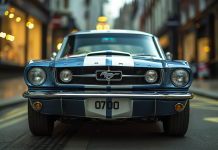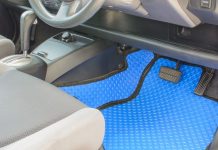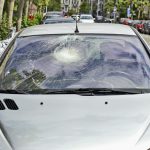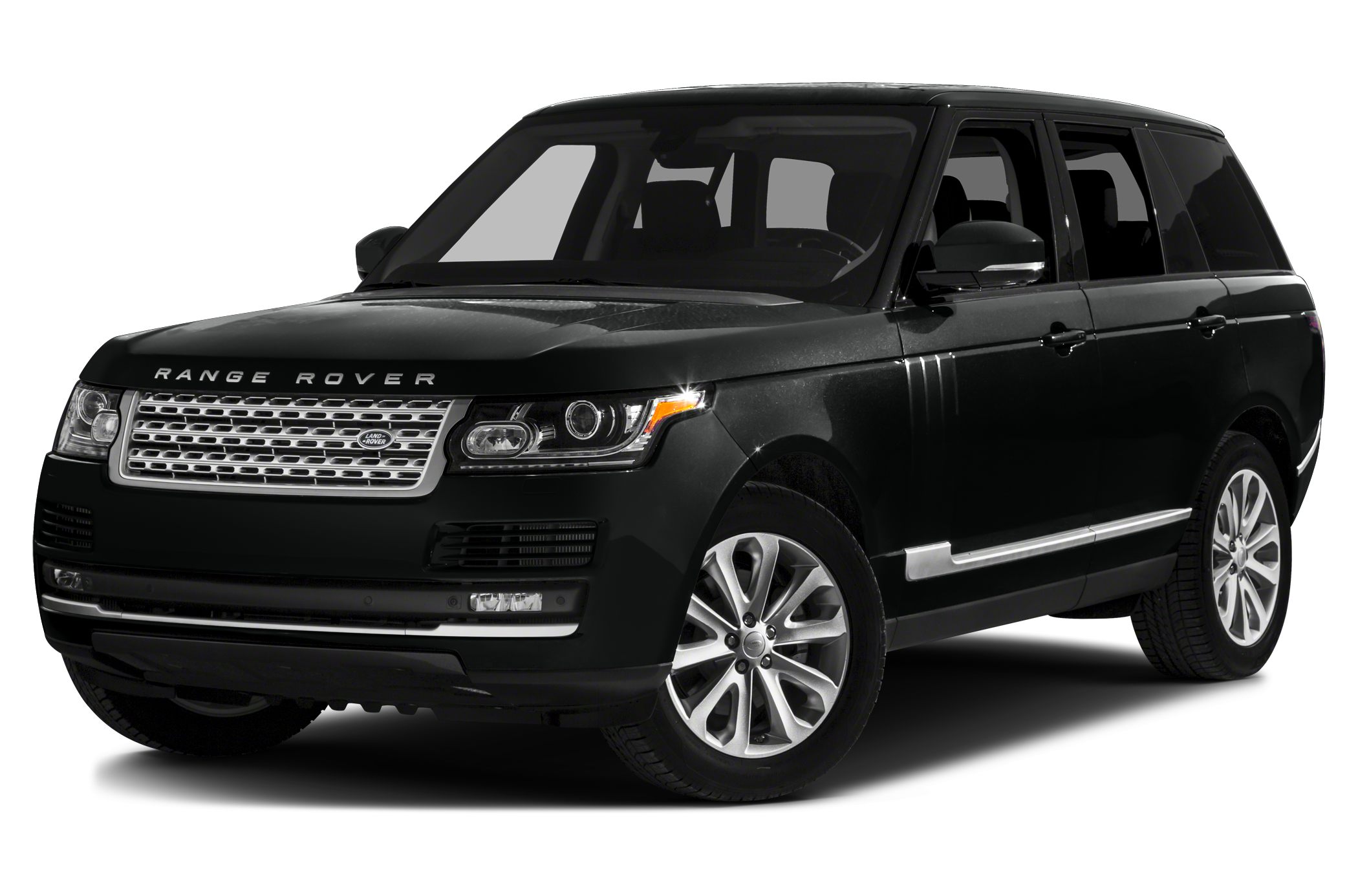With recent House of Commons research noting cost of living rising and inflation leaping to over 9%, we’re all looking for ways to cut our costs. But if your car breaks down, is scrapped, or simply in need of a refresh, the price tag can be significant. What can you or any other of the two million-plus people who buy a car each year do?
The answer is often to buy a used car, but it’s important to be cautious when buying second hand. In this article, learn the most crucial things you need to consider to protect your bank balance and investment.
Is it the right model for your needs?
Are you looking for a family car? A sports car perhaps? A low-miles-per-gallon model that’ll beat the current financial squeeze? The choice of model is a huge factor when purchasing second-hand, so make sure to list all the things you want to get from your vehicle, organised into must-haves and nice-to-haves. That way, you’ll be able to get a used car that fits the bill and delivers the greatest return on investment.
Compare, compare, compare
When looking for a used car, it can be easy to go with the first option that presents itself to you, but this is never a good idea. If you’re looking for a used Mercedes in London, for instance, then don’t be afraid to consider dealerships outside the city or even elsewhere in the country. A couple more hours’ worth of research and the price of a train ticket could save you thousands of pounds in the long run.
Give the car a proper check
Used cars all have histories – and it’s up to you to do the detective work before you buy. That’s because, if you purchase the car and it ends up needing repairs, as long as the seller didn’t explicitly lie to you about the issues, then they don’t have to give you your money back.
The onus really is on the buyer, so be sure to see the vehicle in person and check the car’s bodywork, tyres, as well as the interior. The floor of the vehicle is another crucial place to inspect, as well as the steering.
Ask to test drive the car, and come to the inspection armed with lots of questions, including the important ones: has the car ever been involved in a crash, and what’s its service history?
Check the mileage
Ask the seller what the mileage of the used car is. Moreover, find out whether it was driven mostly in the city (more wear) or used for longer distances via motorway (less wear). Check online to see how the make and model typically behaves after certain mileage milestones too – there may be common issues that will appear six months or a year down the line.
Buying a used car can be concerning, but do your homework, and you’ll get yourself a fine motor! What are your tips when buying used? Let us know in the comments below.









































